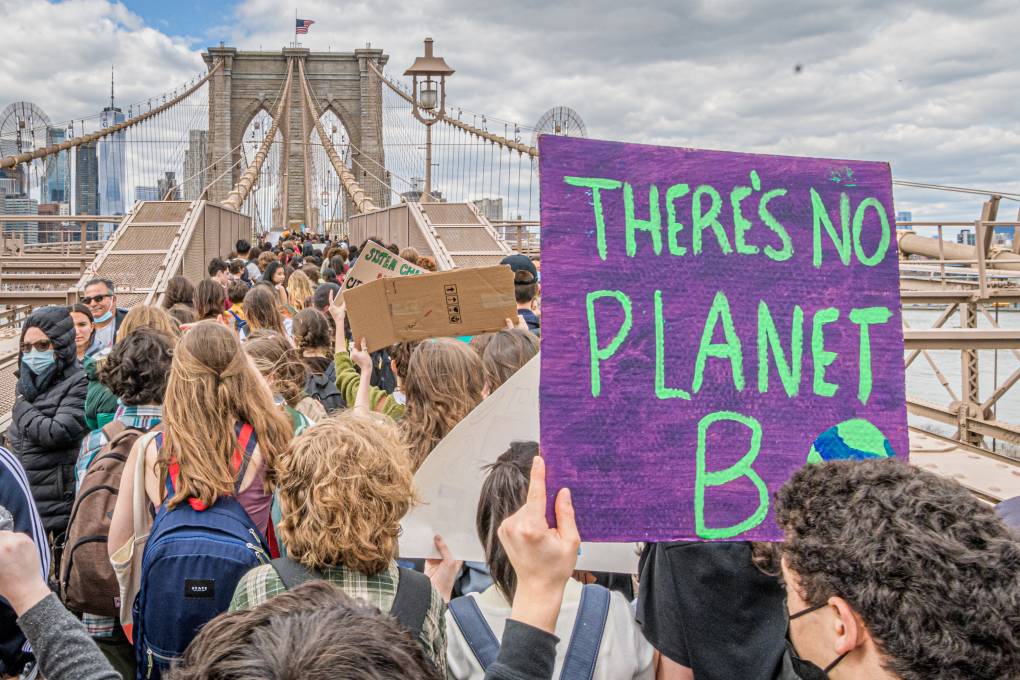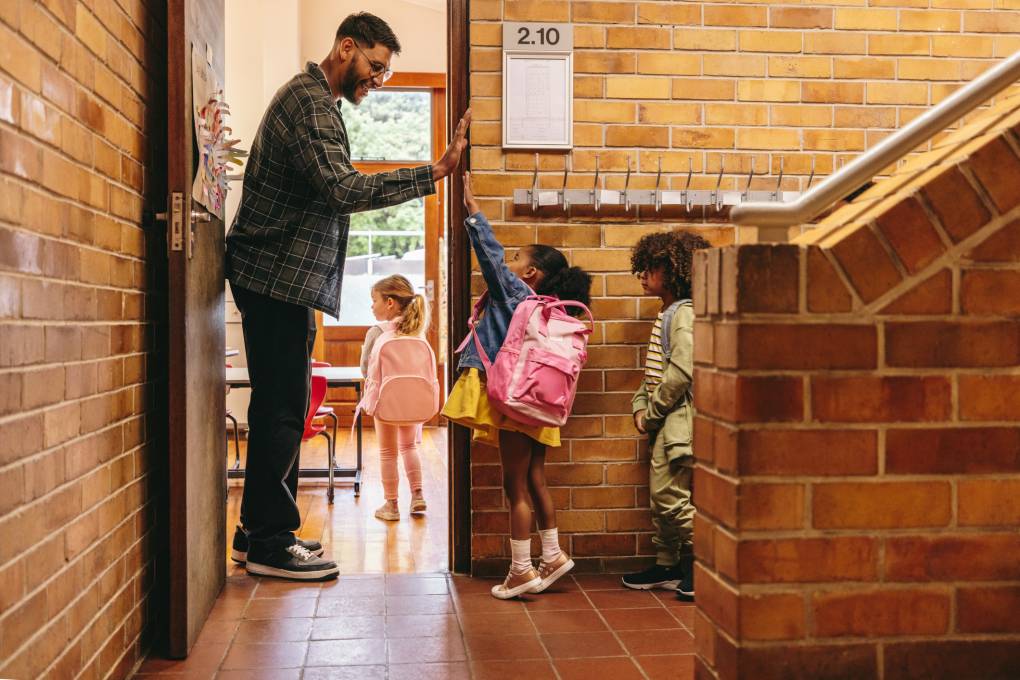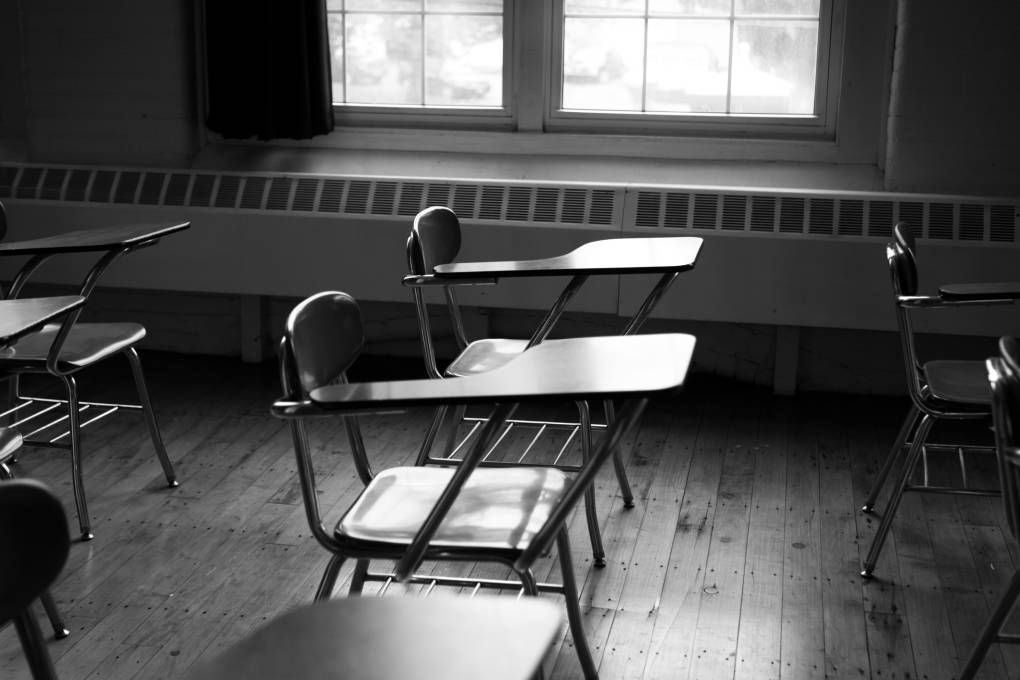Last spring, Portland Public Schools, which has included student representatives on its board for several years, passed a pathbreaking climate policy that was co-written by the student representative. Kat Davis, the Oregon district’s advisor for climate justice, a newly created position, said students have been “so important” to the district’s role as a climate pioneer. She said: “We take student engagement really seriously.”
The district’s high school students elect one of their own to a permanent seat. Students also sit on committees, including the Climate Crisis Response Committee. The district’s new climate policy prohibits the installation of gas-fired equipment in all new buildings, and requires all fossil fuel infrastructure be phased out of existing buildings by 2050. The policy also mandates climate education, and requires schools to address climate-related impacts on health, safety and well-being. “We are all very much aware of the fact that it’s not an option NOT to do something about climate change,” said Byronie McMahon, the high school student who currently sits on the board. “We have a responsibility.”
The district’s students, born in the 21st century, haven’t known a world without heat waves and wildfire smoke; their moral clarity and fierce urgency “push us to be better,” Davis said. “Their role is to never be fully satisfied.”
The drive for student representation has been growing — Chalkbeat reported earlier this year that 14 percent of the nation’s largest school districts now have a student serving on their boards in some capacity. But it’s most common for them to be in an “advisory” role, without a vote.
That was true for Solyana Mesfin, another student leader and climate advocate. She was appointed by Gov. Andy Beshear to serve as the first student representative on Kentucky’s State Board of Education from 2020-22. “To have a voice at the table is very important — but also a voting voice as well,” she said. “Students are the main consumers of the education system. There’s nobody more impacted.”
Now a first-year at the University of Louisville, Mesfin is also advocating for electric school bus adoption as co-chair of an advisory council for the World Resources Institute.
In Boise, Rajbhandari said his journey to the school board started in seventh grade Earth science, when he was “lucky” to have a teacher who went above and beyond the state standards to teach about climate change. “I think we talked about the polar bears and the rainforests and the effects of climate change on places like Miami. But it’s kind of weird because we didn’t really talk about how climate change is causing the [wildfire] smog that cancels our cross-country practice every year for two weeks in September or is causing an uptick in asthma in our community or caused people to lose their homes, literally, like a few miles from our school.”
After a few years of battling his personal climate anxiety with individual actions, like buying fewer new clothes, Rajbhandari found and joined the activist groups Sunrise Movement and Extinction Rebellion. And his experience with those groups, in turn, empowered him to seek elected office. Since he joined the school board last fall, it has contracted with a consulting firm to conduct a carbon audit and find “low-hanging fruit,” easy fixes, like improving building insulation and swapping regular lights for LEDs, changes that, Rajbhandari said, will quickly pay for themselves. Next, he said, “We can put solar panels on our schools and make money for the school system through the state’s first power purchase agreement [and ultimately] surpass our city’s climate goals and save millions of dollars in the process.”
It’s a lot easier to think big like this when you’re sitting on the dais as a voting board member, rather than petitioning the board. “The difference is you have a vote,” said Markus Ceniceros, a high school senior who was recently elected to the governing board of the Littleton Elementary School District, west of Phoenix, Arizona. Ceniceros is a champion of LGBTQ rights and mental health as well as clean energy and electric school buses. “When you’re just a student, people can tell you, well, maybe.”




